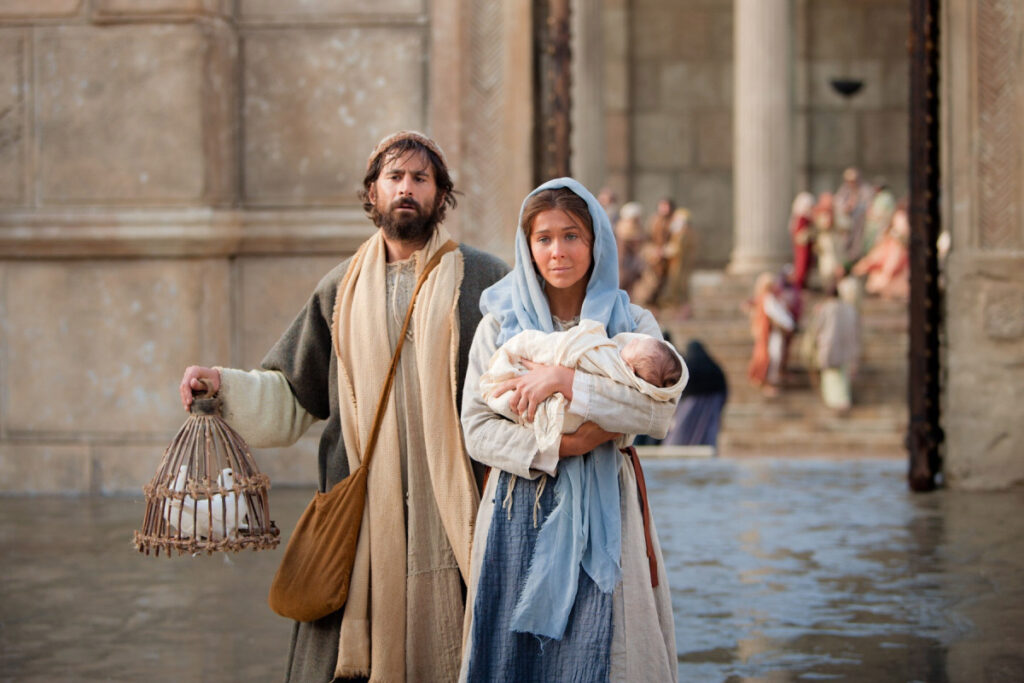For Aussies, sport is our default religion.
On wintry Saturday mornings, overlooking frost-laden sports grounds, hundreds of boys and girls in moisture wicking jerseys descend upon grassy fields.
They wear the bright colours of their soccer teams, armored in oversized shin guards, and studded boots plastered with gaffer tape.
With intimidating team names such as the Wolves, Demons or Redbacks emblazoned on their jerseys, players strike fear into the hearts of the opposition.
On the sidelines, bleary-eyed worshippers congregate in their Saturday best. Their mouths swilling with freshly brewed cappuccino from the Hot Drinks van, or their mouths spewing forth not-so-reverential words to the referee whose sole existence is called into question because he is almost always blind.
The most painful games to watch are those involving the under-fives. Four year olds, with their cherubic faces, and baby-toothed smiles are very cute, but it’s a rare child at that age who’s coordinated enough to tie their own shoe laces. How on earth would they know how to play actual field positions?
Most of the time, these players swarm as one large cluster around the soccer ball.
And when they soon tire of that, they breakout into a spontaneous game of tip. Boredom tempts a few of them to uproot handfuls of grass to throw in a mini turf war with blades landing in lucky places like sensitive eyes and gaping mouths.
The shrill cry of the ref’s whistle is the only thing that makes them freeze in their tracks.

Some parents secretly rejoice that their kid hasn’t been selected to play goal keeper, as it’s usually that hefty child, (that’s a bit slow off the mark) that really should be running with the rest of the pack to work off extra baggage.
And the ‘Best Player of the Week’ trophy (with bonus McDonald’s Award—a free Happy meal) is farcical—every kid eventually gets to take it home. Even the child with abysmal poor foot-eye coordination.
On winning that trophy, decent parents promise to take their child to Macca’s after the game.
It’s a light promise. An easy one to keep.
Yet, God gives weightier promises that are infinitely more valuable and precious.
What would you do if God himself whispered to your heart that you would see with your own eyes, the promise given to generations of your people? If you could touch the Messiah in the flesh, wouldn’t that be breathing evidence of the faithfulness and goodness of God?
Thousands of years ago, Jerusalem was the epicenter of Israel’s political and religious activity. Inside that city, a man by the name of Simeon received a staggering promise.
We pick up his story in Luke 2:25-26 with a simple portrait of his character.
And, behold, there was a man in Jerusalem, whose name was Simeon; and the same man was just and devout, waiting for the consolation of Israel: and the Holy Ghost was upon him.
And it was revealed unto him by the Holy Ghost, that he should not see death, before he had seen the Lord’s Christ.
An elegant portrait
Born into a Jewish home, it doesn’t surprise us that he was given a name that honoured God and reflected His generous character. Simeon means ‘God has heard’. And we shall see that the Lord was pleased to listen to Simeon’s requests.
We assume that Simeon received this promise from God at an earlier stage in his life because we find him waiting. Waiting indicates the elapse of time. Tradition tells us that he waited until he reached the ripe old age of 117. If this is true then it’s a testament to his faith and patience.
If God were to sum up your character in a few simple words, what would they be? Frankly, I’d want noble descriptors like courageous, Christlike, faithful, gracious, kind hearted, and merciful.
Immortalized in the pages of scripture are two words that hang like a pair of shiny medals to describe Simeon’s character—just and devout. If that isn’t God giving his nod of approval, then I don’t know what is.
Just expressed his attitude toward men; devout expressed his attitude toward God.
Just meant that he was blameless in the manner in which he treated other people. This indicated that Simeon treated his fellow man with kindness and respect.
Being devout meant Simeon had great reverence and love for God—pure adoration that compelled him to obey God’s word.
The consolation of Israel
Verse 25 tells us that he was waiting for the consolation of Israel, or the comfort of Israel. He was anticipating the appearance of the long-awaited Messiah. Messiah means Anointed one, Redeemer, Saviour.
For centuries, the Jews had experienced great affliction due to their rebelliousness against God. Theirs was a pattern of disobedience followed by repentance. When they eventually woke up to their senses, they would return to the Lord to follow His ways only to fall back into sin years later. It was a sickening cycle.
They faced the consequences for their sins, and suffered the loss of land, and freedom. Their enemies conquered their territories and enslaved their people. Their history was marred by dispossession and exile. They were in dire need of the Saviour.
In Simeon’s day, many Jews thought that the Messiah would come to crush the Gentiles. He would be a political messiah, one that would liberate them from Roman oppression.
Simeon may have been associated with a group of people known as the Quiet in the Land. These Jews shunned violence and political maneuvering to overthrow Roman rule.
Instead, they devoted themselves to lives of prayer, godliness, and quiet watchfulness for the Messiah.

Joseph and Mary—The Messiah’s earthly parents
After the birth of a firstborn son, Jewish parents were expected to have him circumcised on the eighth day after his birth to symbolize their covenant with God.
Mary and Joseph were faithful Jews and had their son, Jesus, circumcised because the Bible states in Luke 2:39 that they performed all things according to the law of the Lord.
I wonder if Hebrew parents questioned the specific day for the procedure. Why the eighth day? Wouldn’t it be more practical to perform the circumcision as soon as the baby was born? (The baby was screaming anyway.) Ah, but the Lord had it all figured out.
On the eighth day, Vitamin K and thrombin levels are at their highest. From a medical standpoint, it is the best day for circumcision. These blood-clotting agents at elevated levels quicken the healing process. Mary and Joseph would not have known this at the time; they simply acted in obedience to the Lord.
Secondly, each firstborn son was dedicated to God a month after his birth, acknowledging that he belonged to the Lord as a type of first fruit offering. The child would be “redeemed” (or bought back by his parents) by providing a sacrificial offering in his place.
Finally, Mary waited until the end of her ritual impurity, a span of 40 days following the birth of a son, to offer a sacrifice as part of her cleansing.
Mary and Joseph sacrificed a pair of turtledoves, which indicated that they were on the lower end of the socio economic spectrum. They were poor. They could not afford to bring a lamb as an offering. Leviticus 12:8
The custom involved Mary laying hands on the turtledoves; afterwards the priest would take them to the southwest corner of the altar. There he would wring one bird’s neck as a sin offering. The other would be offered as a whole burnt offering.
So, when Mary and Joseph enter the Temple to offer sacrifices in accordance with Jewish law, there was nothing to distinguish them from other Jewish couples that sought to obey God after the birth of son.
How would Simeon discover the long awaited Messiah?
Join me next time to find out more in Part 2 of this topic.
Bibliography
Author unspecified. 2013. ‘The Consolation of Israel’, Ligonier.org. Retrieved 24 August 2022 from
https://www.ligonier.org/learn/devotionals/consolation-israel
Author unspecified. 2022. ‘What does Luke 2:25 mean?’, BibleRef. Retrieved 24 August 2022 from
https://www.bibleref.com/Luke/2/Luke-2-25.html
Pritchard, R. 1991. ‘The Cradle and the Cross: Simeon’s Song’, Keep Believing Ministries. Retrieved 24 August 2022 from
The Cradle And The Cross: Simeon’s Song


